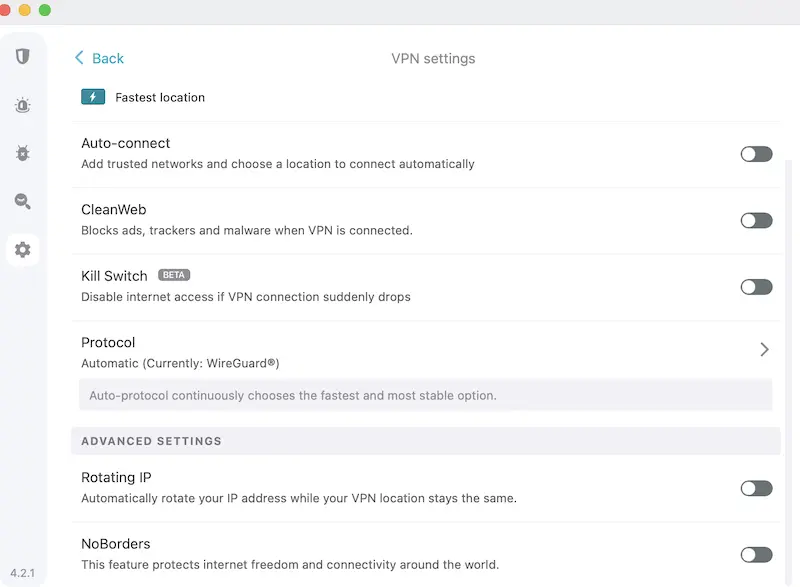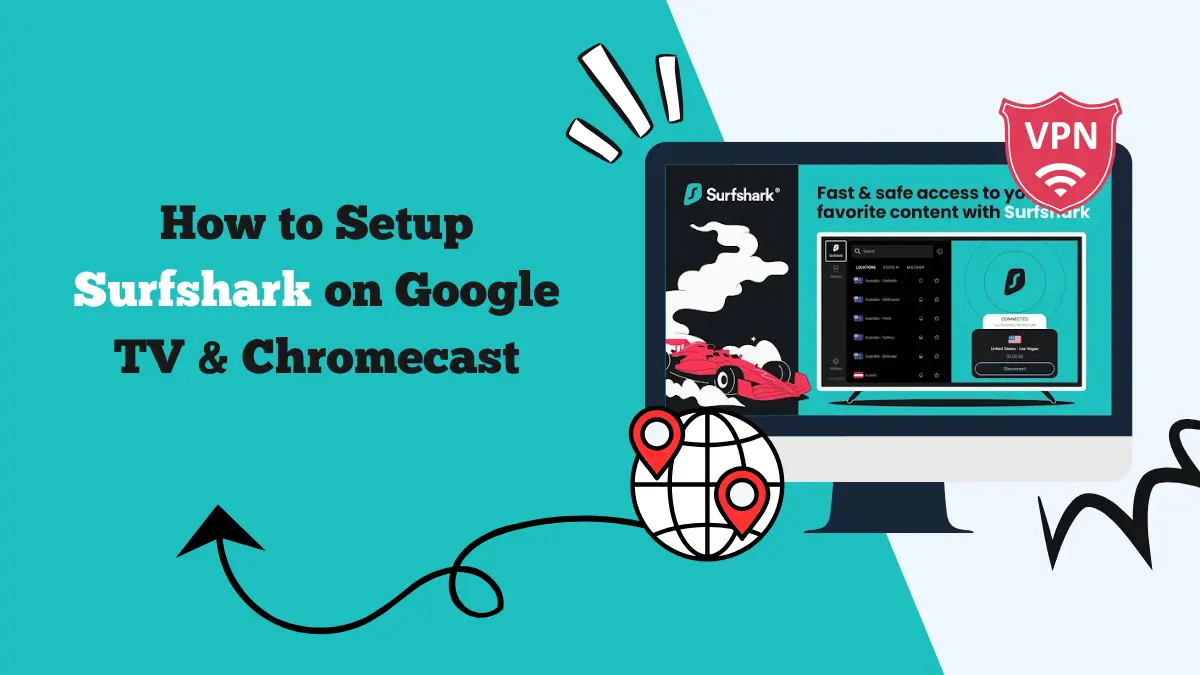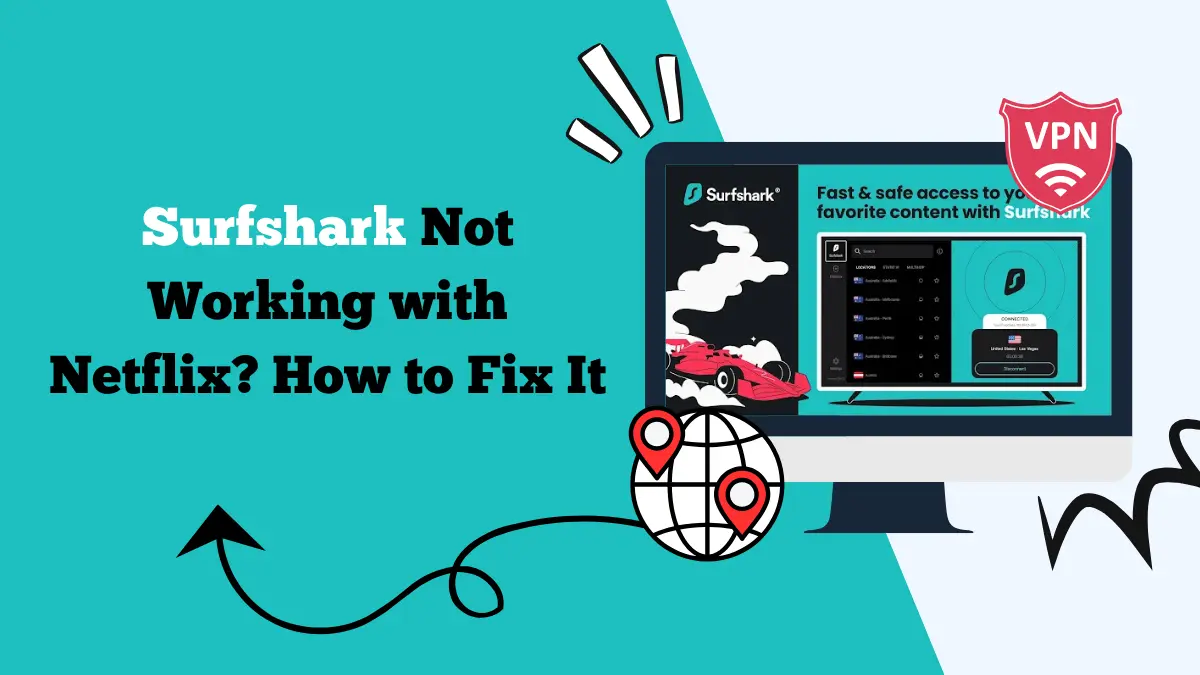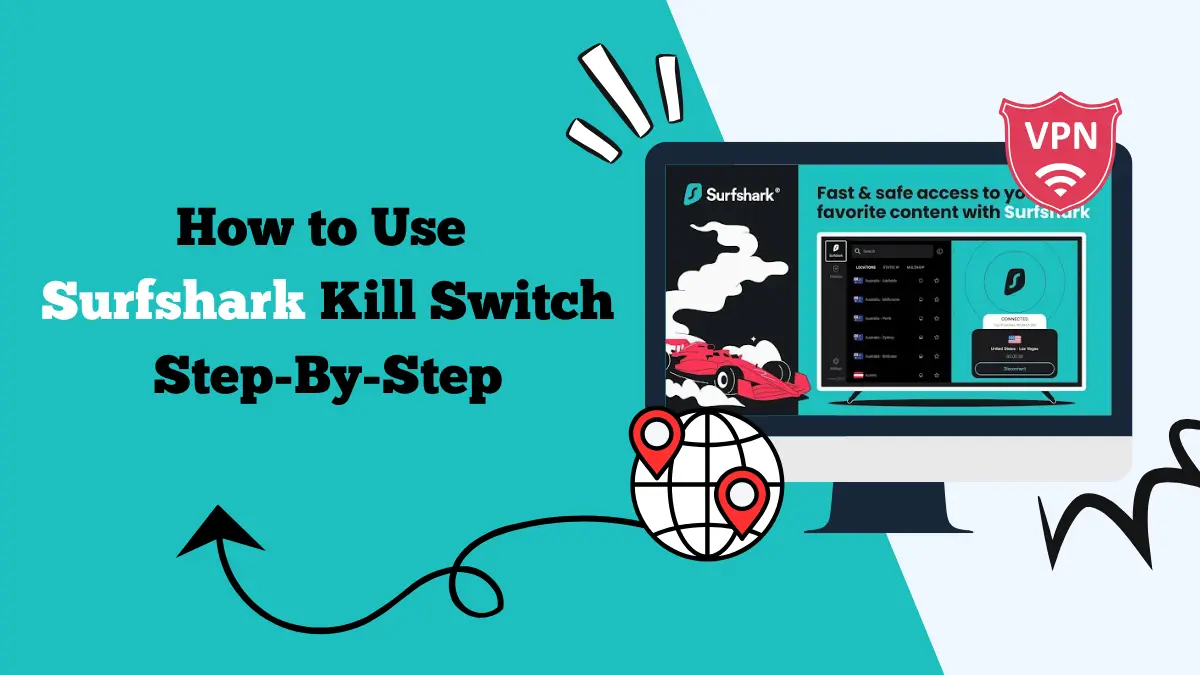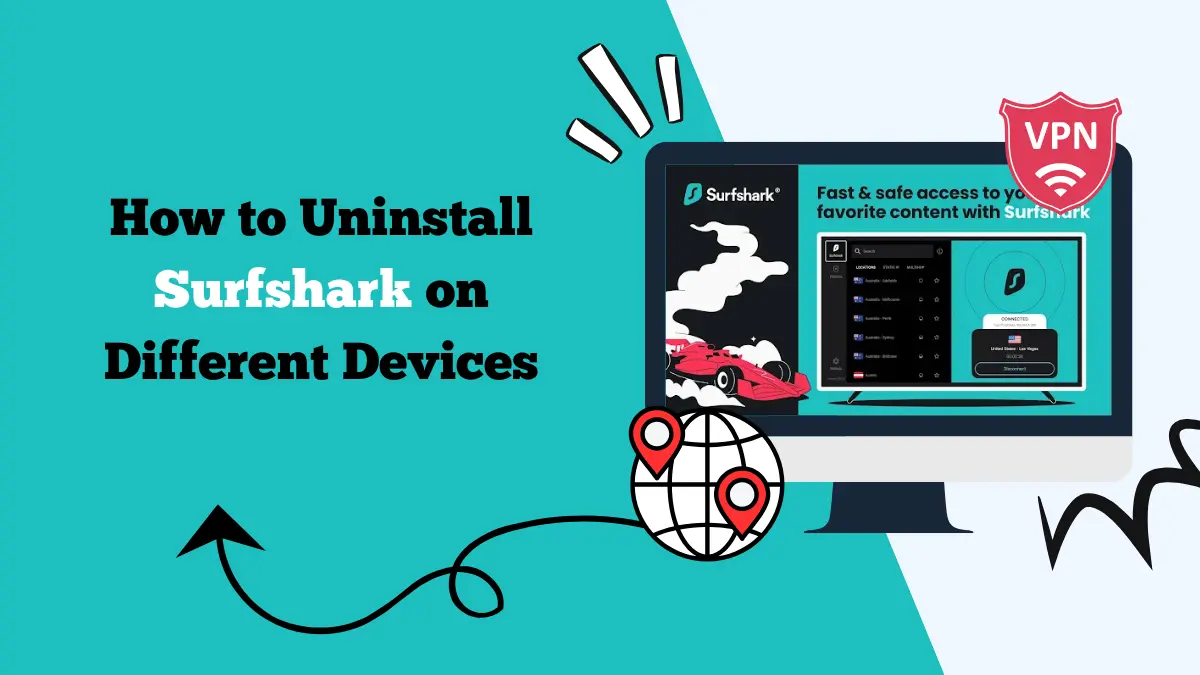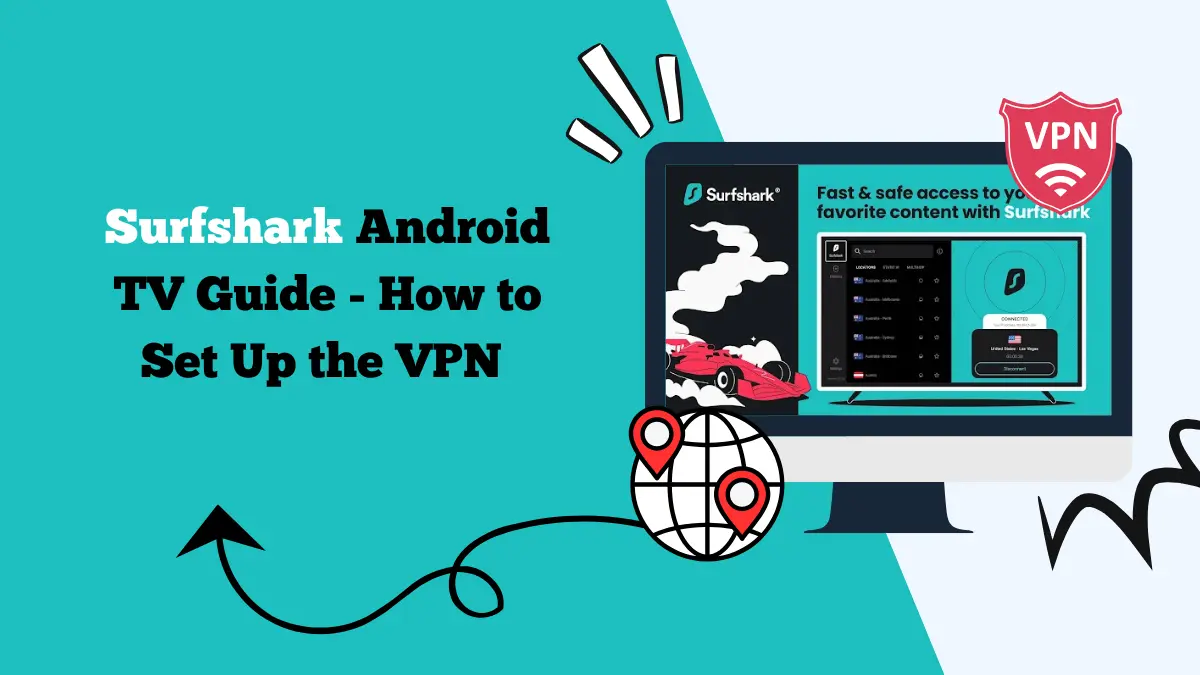Does Surfshark Offer Obfuscation and How to Use it
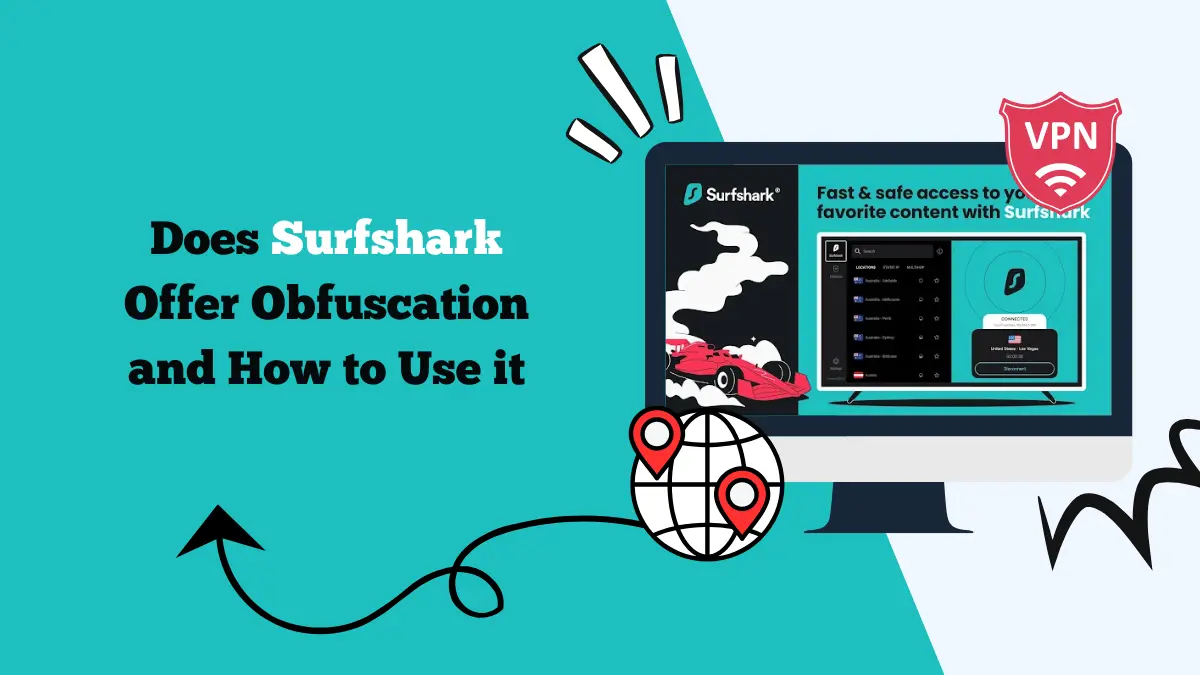
When people use a VPN, the goal is often to protect privacy, secure data, and bypass restrictions. However, some networks and governments have systems in place to detect VPN traffic and block it. This is where Surfshark obfuscation comes in.
Obfuscation hides the fact that you are using a VPN by disguising VPN traffic as normal internet traffic. Surfshark is one of the leading VPN providers that offers this feature.
Many users ask whether Surfshark supports obfuscation and how it works. The answer is yes, but it works in a very specific way. This article explains what obfuscation is, how Surfshark offers it, why it is useful, and how you can use it effectively.
What is Obfuscation in VPNs?
Obfuscation is a method that makes VPN traffic look like regular internet traffic. Normally, when you use a VPN, your data is encrypted and routed through a secure server.
However, some firewalls or restrictive networks can detect that traffic is coming from a VPN and block it. Obfuscation helps bypass such restrictions.
Think of it as camouflage for your VPN connection. Instead of announcing itself as a VPN, the traffic is hidden under the appearance of standard HTTPS traffic. This allows users to connect freely without raising suspicion.
Does Surfshark Offer Obfuscation?
Yes, Surfshark does provide obfuscation. It is not listed as a separate feature in the app but is included under the name NoBorders mode. When you enable NoBorders mode, Surfshark automatically applies obfuscation methods to help you connect even in restricted regions.
So, while Surfshark may not call it “obfuscation” directly in the app, the functionality exists within NoBorders mode. This makes Surfshark a reliable choice for users who want to bypass strict firewalls or censorship filters.
Why is Obfuscation Important?
Let’s explore some of the reasons why obfuscation is important:
1. Bypassing VPN Blocks
Some networks, such as schools, offices, or hotels, block VPN connections. Obfuscation ensures that your VPN works even in such environments.
2. Accessing Restricted Regions
Countries with heavy censorship often block VPN traffic. With obfuscation, users can bypass these restrictions and access the internet freely.
3. Preventing Detection
Some streaming platforms and websites try to detect VPN use. Obfuscation helps avoid detection and improves the chances of accessing content.
4. Enhanced Privacy
When your VPN traffic is disguised, it becomes harder for third parties to track your online activities.
How Surfshark Obfuscation Works
Surfshark uses advanced protocols that include obfuscation features. The OpenVPN protocol, when used with NoBorders mode, applies obfuscation to make your traffic look normal.
This means that if you are in a restricted region, Surfshark will automatically try to connect using obfuscated servers. The process happens in the background, so you do not have to configure anything manually.
In short, Surfshark obfuscation works by combining strong encryption with traffic disguise, making it both secure and effective. Read more about Surfshark’s multihop feature and GPS spoofing.
How to Enable Surfshark Obfuscation
Enabling obfuscation in Surfshark is simple. It is included in NoBorders mode. Follow these steps:
On Windows and macOS
- Open the Surfshark app.
- Log in with your account.
- Go to Settings.
- Find the Advanced section.
- Turn on NoBorders mode.
- Connect to a server.
- Once enabled, Surfshark will apply obfuscation automatically.
On Android and iOS
- Open the Surfshark mobile app.
- Log in to your account.
- Go to Settings.
- Scroll to the Advanced options.
- Toggle NoBorders mode on.
- Connect to a server to start browsing.
On Routers
If you have Surfshark installed on your router, you can enable NoBorders mode through the configuration file. Using OpenVPN configuration with obfuscation enabled ensures smooth connectivity.
If you are having issues connecting, you can check out our guide on fixing Surfshark stuck at 95%.
Best Use Cases for Surfshark Obfuscation
- Traveling Abroad: When you visit countries with internet restrictions, obfuscation ensures you stay connected to your favorite services.
- Using Public Wi-Fi: Hotels, airports, or cafés sometimes block VPNs. With obfuscation, you can use Surfshark without interruptions.
- Accessing Streaming Content: If streaming services detect VPN traffic, obfuscation improves your chances of avoiding blocks.
- Work and Study Environments: Schools and workplaces may restrict VPNs. With Surfshark’s obfuscation, you can bypass those restrictions when needed.
Things to Keep in Mind
While obfuscation is powerful, there are some points to consider:
- Slightly Slower Speeds: Obfuscation may reduce speed because of the extra processing.
- Not Always Necessary: If you are in a country with open internet, you may not need it.
- Battery Usage: On mobile devices, obfuscation can use more power.
These trade-offs are minor compared to the benefits, but it is good to be aware.
Conclusion
Surfshark does offer obfuscation, though it is built into the NoBorders mode rather than being labeled separately. This feature helps disguise VPN traffic and allows users to bypass restrictions, censorship, and VPN blocks. It is easy to enable and works automatically with the right settings.
For anyone who needs reliable access in restricted areas, Surfshark obfuscation is a valuable tool. It combines security, privacy, and accessibility into one package. With just a few clicks, you can activate it and browse freely without worrying about detection or censorship.
